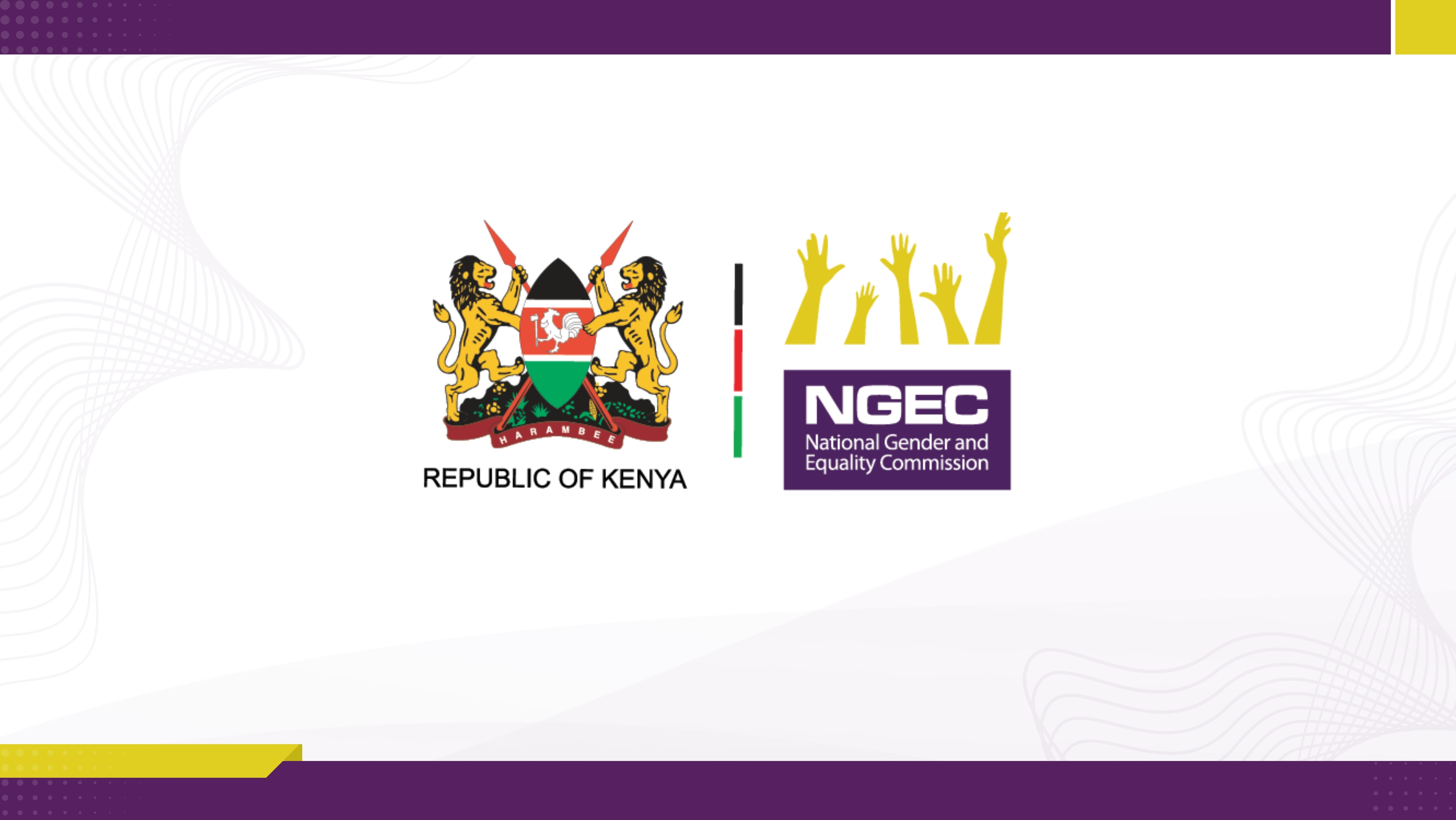Groundbreaking Initiative Strengthens Gender-Inclusive Governance in Kenya
NAIROBI, Kenya – The National Gender and Equality Commission (NGEC) has taken a bold step in fostering genderinclusive governance by hosting the Parliamentary Centre under the Inclusive Legislatures for Gender-Responsive Policies (ILGRP) Project.
This initiative, a collaboration supported by Global Affairs Canada, spans across Ghana, Kenya, and Togo, aiming to equip policymakers with the tools to craft legislation, policies, and budgets that cater to the distinct needs of women, girls, and marginalized groups.
The ILGRP Project is a pivotal intervention in the pursuit of gender-responsive governance. At its core, the initiative seeks to address systemic gender inequalities that hinder inclusive development.
By working directly with Members of Parliament (MPs) and policymakers, the project strengthens the capacity of legislative bodies to integrate gender perspectives into national and county-level policy frameworks.
The project zeroes in on several critical areas that are instrumental in achieving gender parity in governance.
Among the key focus areas is the review and updating of National and County Gender-Responsive Guidelines, ensuring that legislative and policy frameworks are aligned with contemporary gender equality standards.A significant component of the initiative is the strengthening of the Gender-Responsive Budgeting (GRB) framework.
By embedding gender considerations in national and county budgets, the project seeks to bridge resource allocation gaps and ensure that fiscal policies cater equitably to all demographics. This approach is expected to translate into improved service delivery for women, girls, and marginalized communities, addressing longstanding disparities in access to healthcare, education, and economic opportunities.
Furthermore, the ILGRP Project prioritizes enhancing the capacity of MPs to champion inclusive policymaking and oversight. Legislators play a crucial role in shaping the governance landscape, and equipping them with the knowledge and skills to advocate for gender-responsive laws strengthens the legal framework that protects and promotes gender equality. This capacity-building effort includes training, workshops, and technical support aimed at institutionalizing gender inclusivity in legislative processes.
The ILGRP Project aligns seamlessly with Kenya’s broader gender equality agenda and the Sustainable Development Goals (SDGs), particularly Goal 5 on Gender Equality and Goal 10 on Reduced Inequalities.


Comments